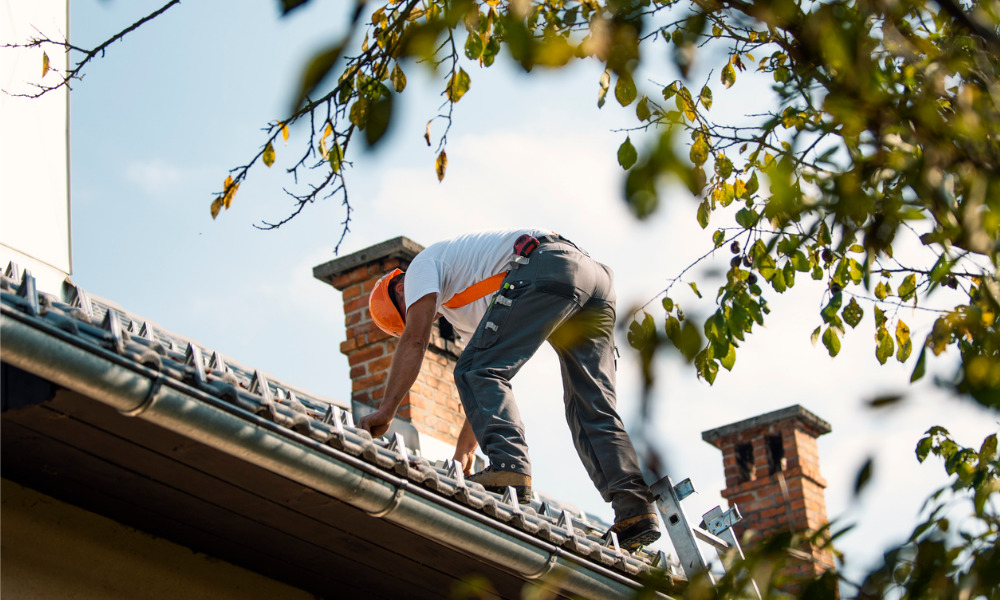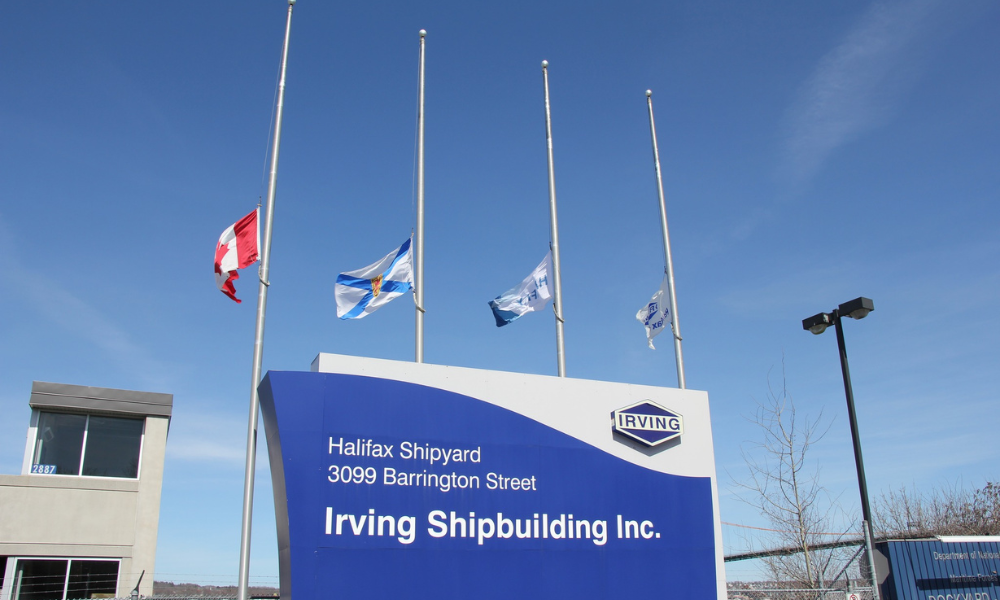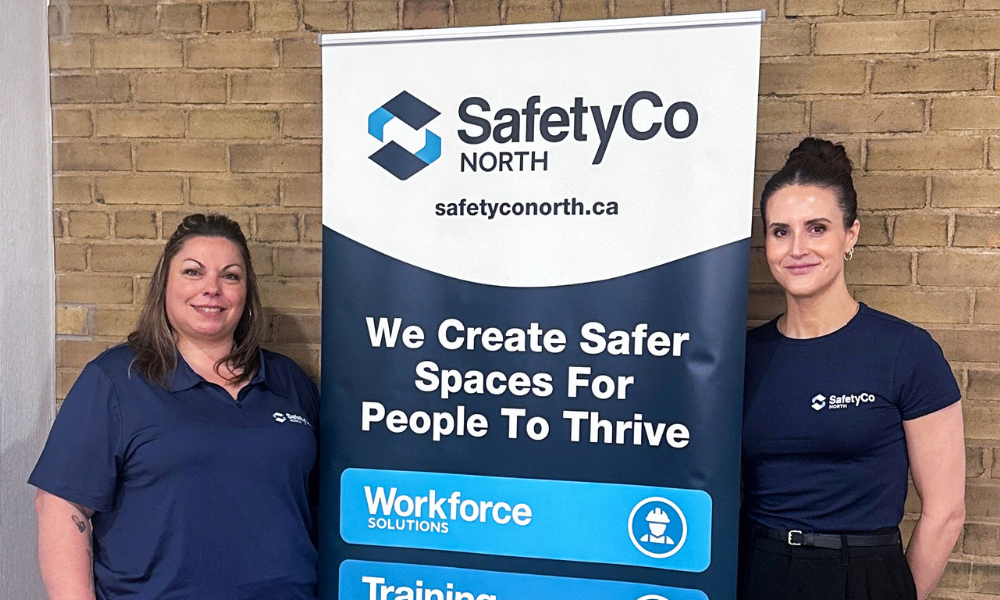Construction safety coalition in Nova Scotia comes together to address worker safety

In a bid to address the alarming number of construction worker injuries and fatalities resulting from improper fall protection, a coalition of 14 industry partners has launched a comprehensive awareness campaign aimed at educating homeowners across Nova Scotia. The campaign, funded by the Occupational Health and Safety Education Trust Fund, emphasizes the potential legal and financial liabilities homeowners may face when hiring contractors.
The Construction Safety Coalition, led by Construction Safety Nova Scotia, aims to shed light on the obligations homeowners bear under the OHS Act, drawing attention to the fact that they could be held liable for medical expenses, lost wages, and damages should an incident occur on their property during construction or renovation work. This critical message is often overlooked, leaving homeowners unaware of the potential risks and consequences.
"When you are having work done on your home, the obligation of the homeowner under the OHS Act is the same as any other major construction site owner — but most homeowners are completely unaware of this," warned MJ MacDonald, CEO of Construction Safety Nova Scotia. "This means if an incident occurs, you could be held liable for medical bills, lost wages, or damages."
To tackle this issue head-on, the Construction Safety Coalition has launched an awareness campaign that utilizes various channels and mediums to reach homeowners throughout the province. The primary focus of the campaign is to encourage homeowners to inquire about "TMI" when hiring a contractor.
"TMI stands for Trained, Managing safety, and Insured," explained Crystal Ingram, executive officer of the Canadian Home Builders' Association – Nova Scotia, a partner in the campaign. "Homeowners should not shy away from asking for this information. Good contractors worth hiring will be happy to show you these documents and proud about the safety protocols they have in place."
The "T" in TMI emphasizes the importance of ensuring that contractors possess valid and up-to-date safety training certificates for a Fall Protection course. Homeowners are encouraged to verify that the training is current and relevant.
The "M" emphasizes the need for contractors to have a safety policy or safety management plan in place. Additionally, homeowners should inquire if contractors regularly inspect harnesses and equipment to ensure they are in proper working order, as these are signs of a safety-conscious company.
The final letter, "I," highlights the importance of contractors having Workers' Compensation Board insurance. Homeowners are advised to request a clearance letter as proof of insurance coverage.
"Safety in the roofing industry is not talked about enough in Nova Scotia," expressed Andrew Solomon, owner of Rydel Halifax. "As a homeowner, I would strongly urge everyone to put their contractors through a proper vetting process to identify whether or not safety is a priority within their company. Fall arrest systems save lives every day; I believe everyone working at heights should be properly certified to use this system."
The coalition's campaign stresses the significance of these three factors in ensuring the safety of workers and reducing the potential for accidents and injuries.





